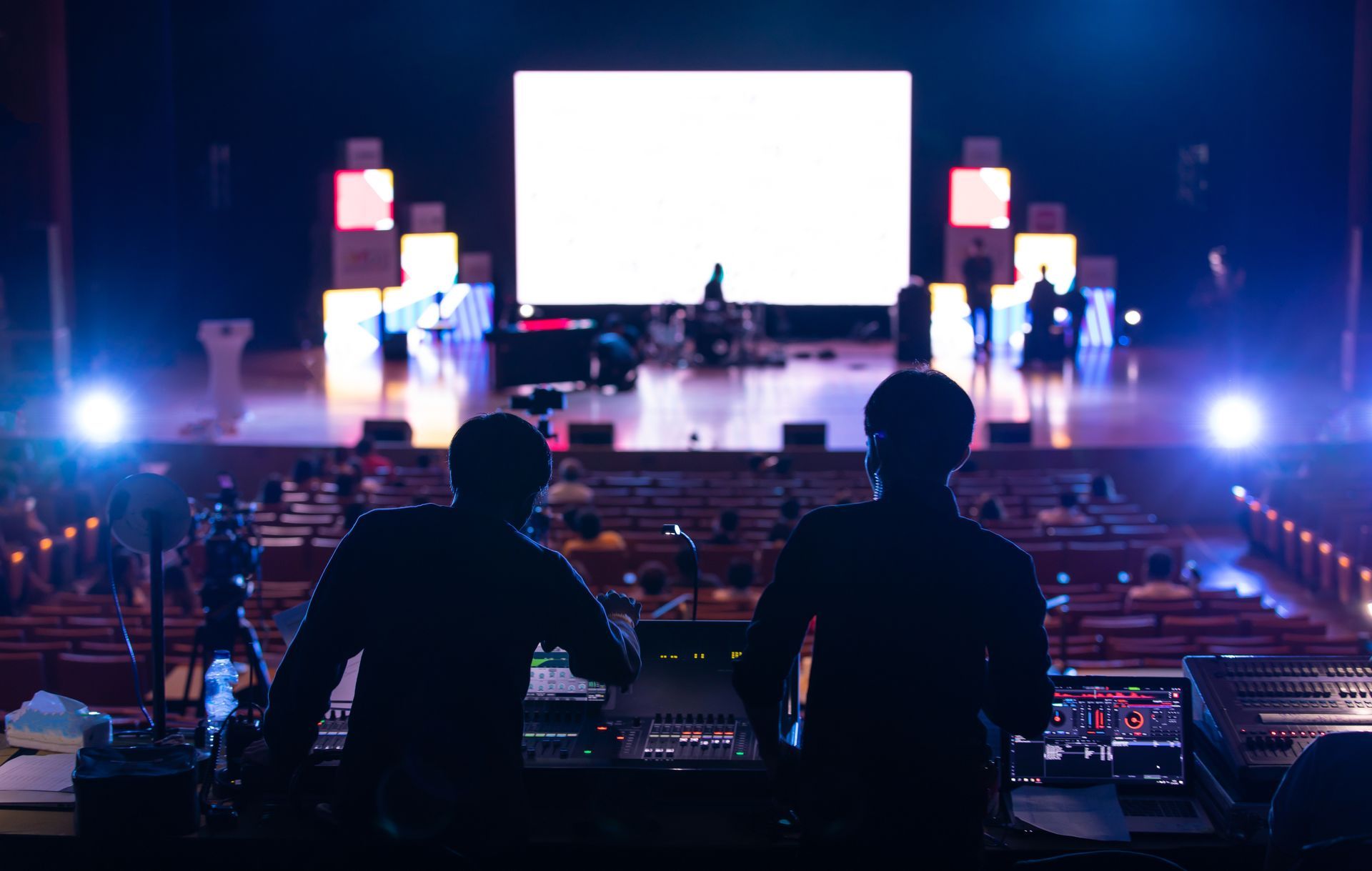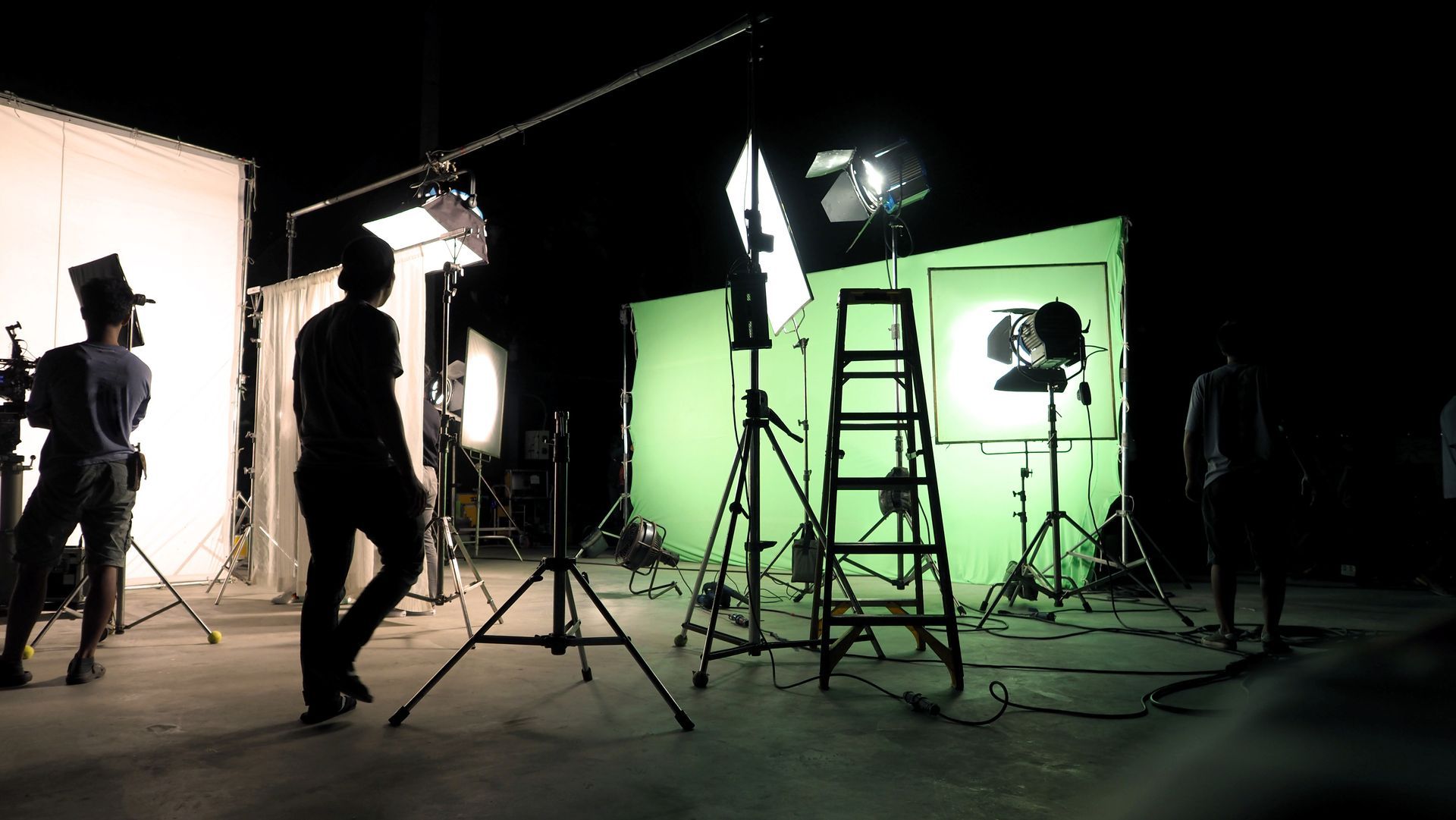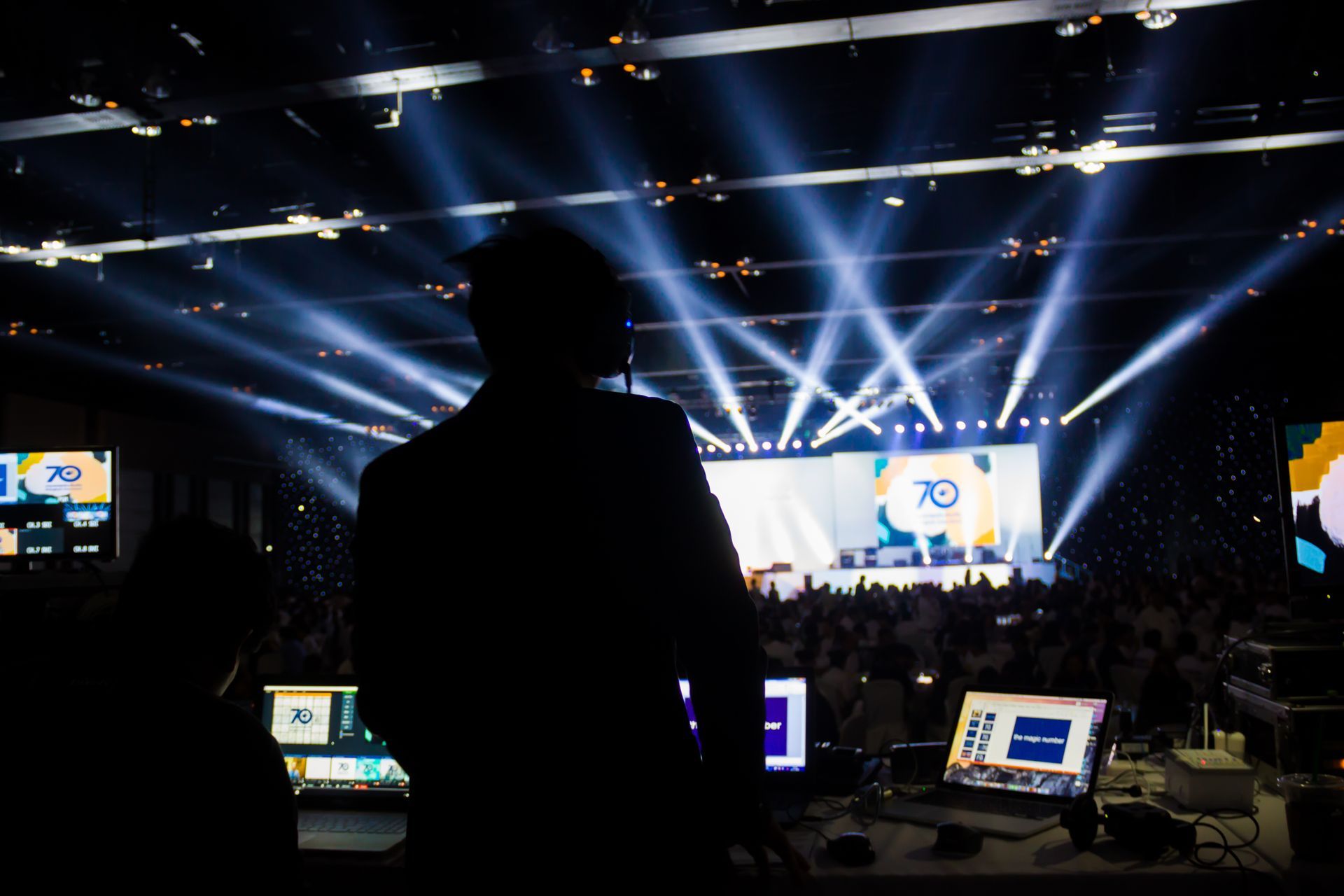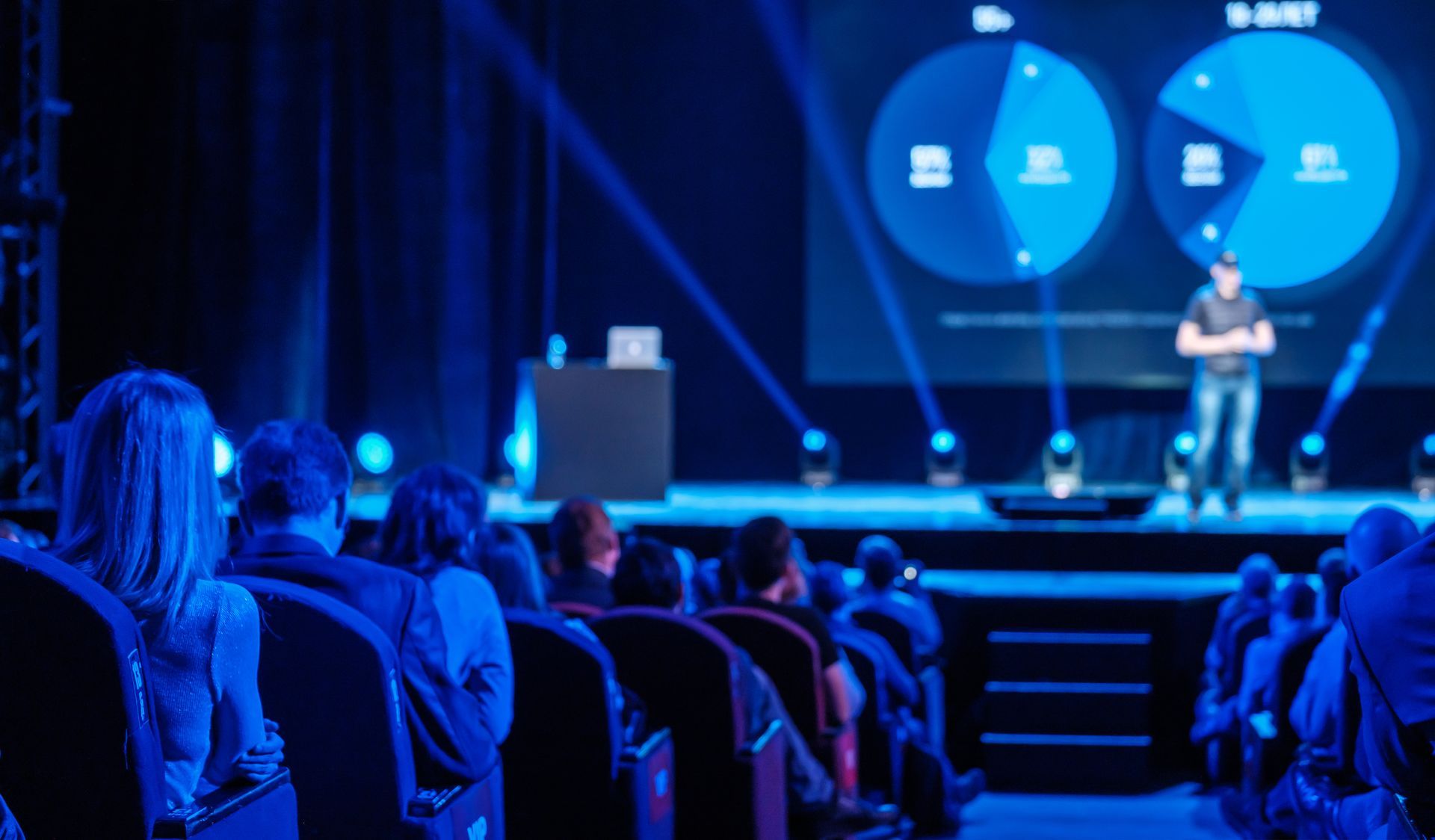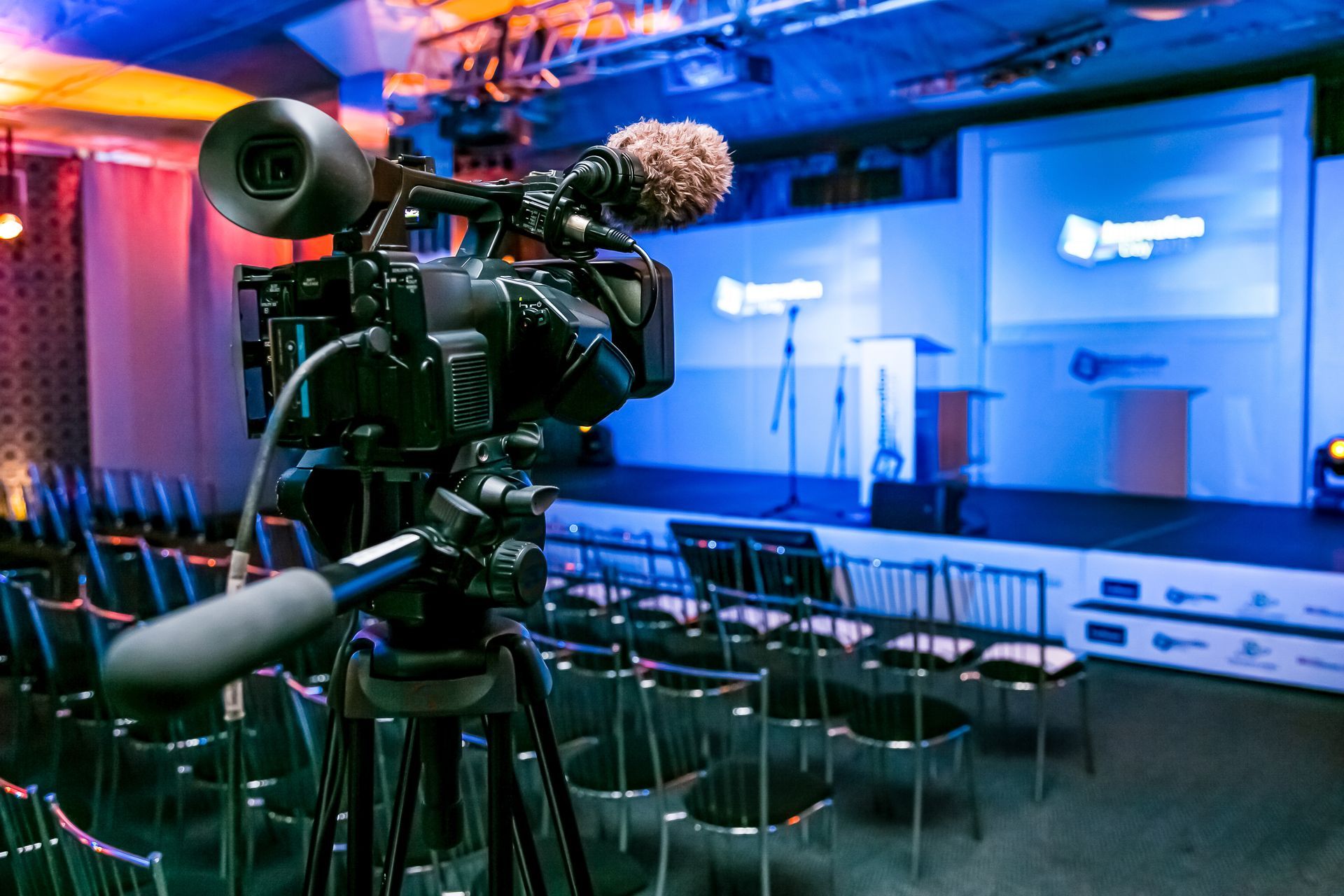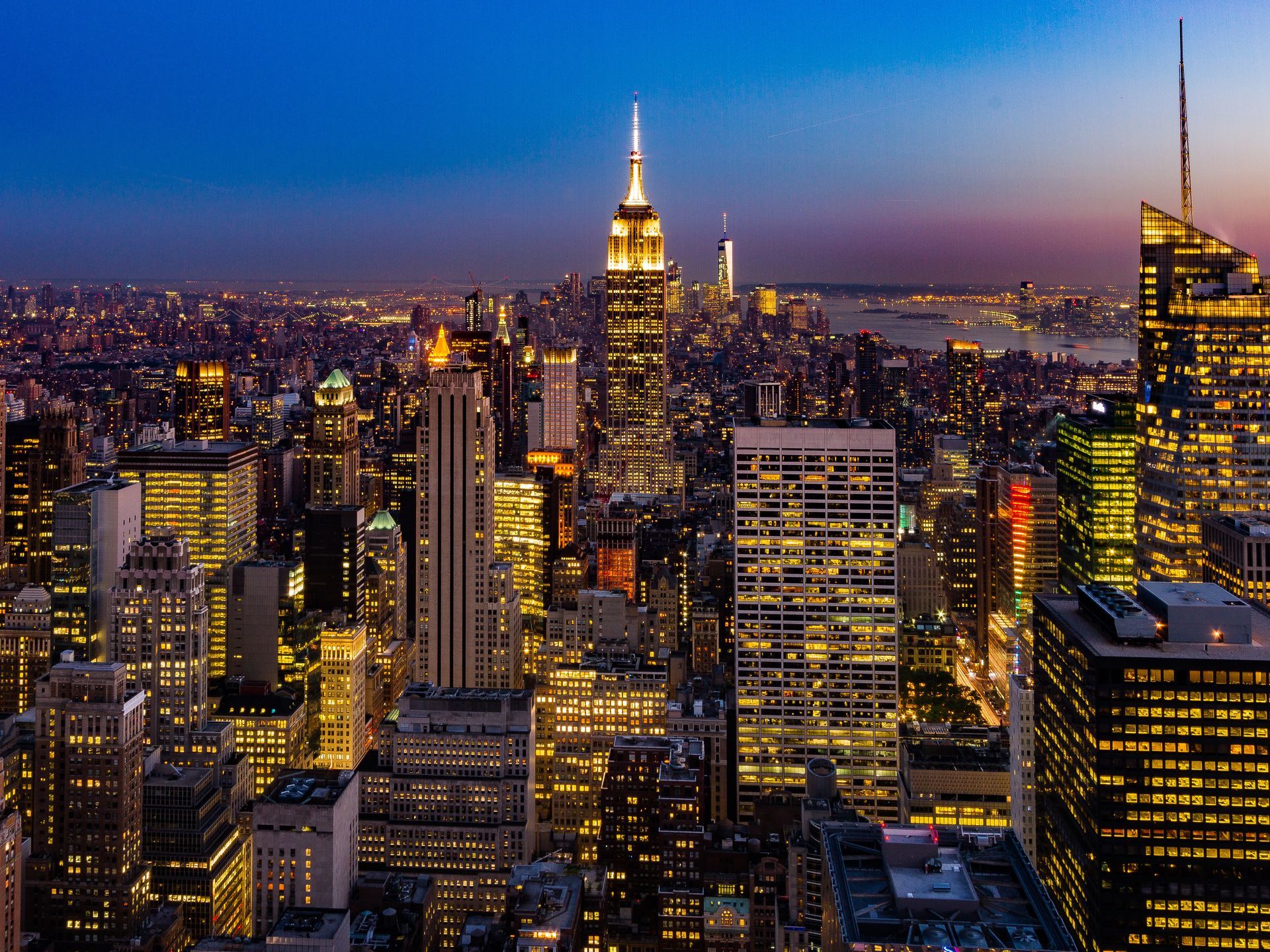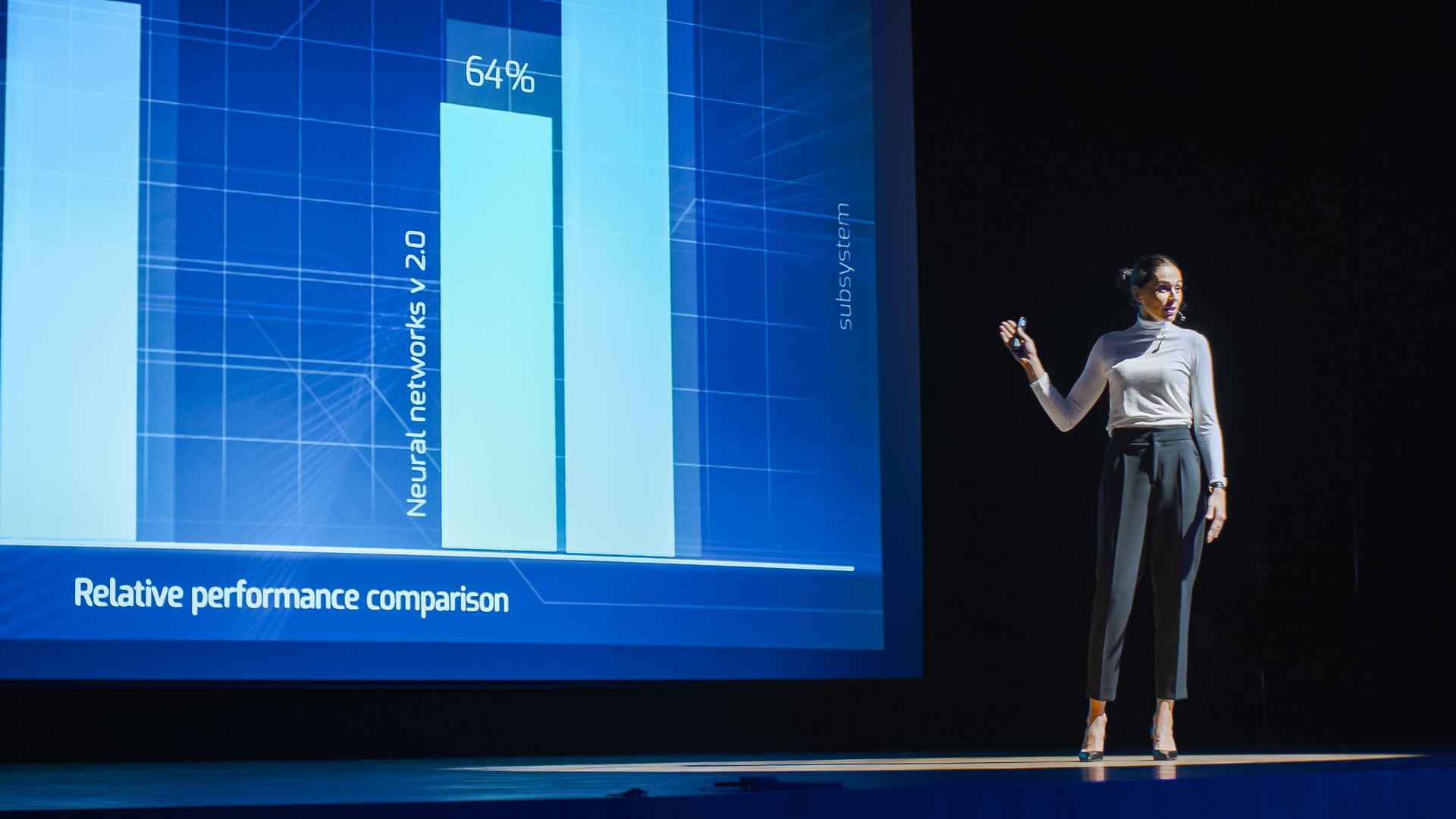Setting the Stage: What is Live Event Production?
Imagine stepping into a space where every sight, sound, and sensation is meticulously crafted to create an unforgettable experience. This is the essence of live event production, an art form that combines technology, creativity, and strategy to bring events to life.
In this ever-evolving field, understanding the intricacies of live event production is crucial for anyone looking to create impactful and memorable events. From the initial spark of an idea to the final round of applause, live event production is a journey through creativity, technical expertise, and strategic planning.
Whether you're looking for live event production companies in NYC or looking for an international event production partner, this article will explore all aspects of event production, including setting up events, budgeting, location, and more.
What is Live Event Production?
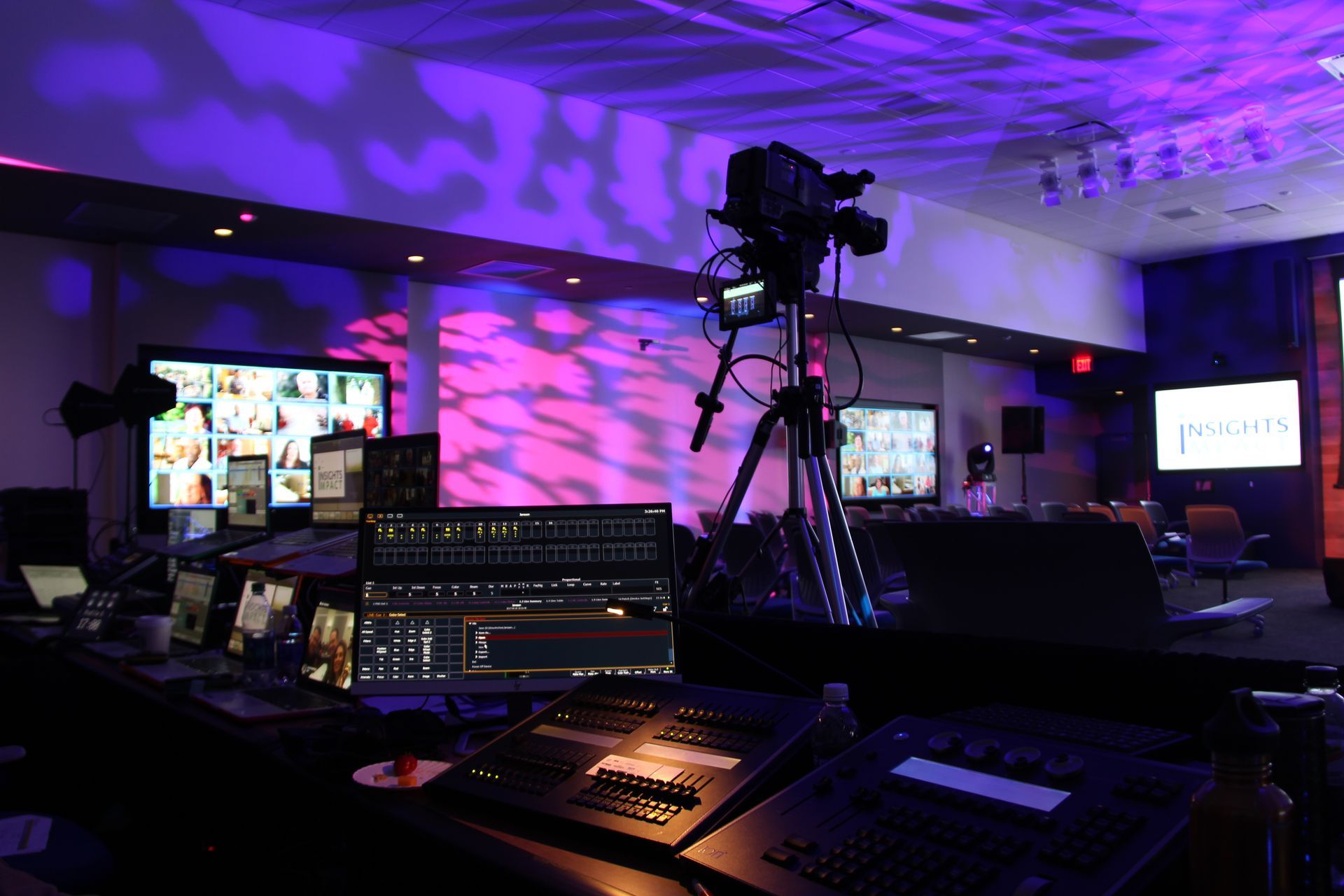
Live event production refers to the process of creating and executing events such as concerts, theater performances, festivals, corporate functions, and more. It involves diverse elements such as venue selection, lighting, sound, video production, staging, and logistics. The end goal is to create an immersive experience that captivates the audience and ensures an unforgettable event. From the initial concept to the final applause, live event production demands a blend of creativity, technical knowledge, and detailed planning.
The Core Elements
- Audio: This includes everything related to sound, from the clarity of a speaker's voice at a conference to the booming bass at a concert. It involves selecting the right microphones, speakers, and mixing equipment to ensure the best audio quality.
- Visuals: This aspect covers lighting, video production, and any special effects used to create the visual atmosphere of the event. Lighting can range from subtle mood-setting to elaborate, synchronized light shows. Video elements might include live feeds, presentations, or prerecorded content.
- Staging and Set Design: The physical space where the event takes place is crucial. Staging involves designing and arranging the stage, sets, and any other physical structures in a way that supports the event's theme and goals.
- Logistics: This includes the coordination of all the moving parts of an event, from scheduling and transportation to setup and breakdown. Effective logistical planning ensures that every aspect of the event runs smoothly and on time.
Live event production is a continuously evolving space as advancements in technology have greatly expanded what's possible. From cutting-edge sound systems to immersive augmented reality experiences and hybrid events, technology plays a pivotal role in transforming an event from ordinary to extraordinary. The challenge for live event producers is not only to stay abreast of these technological developments but also to integrate them seamlessly into the event experience.
Event Planning vs. Live Event Production
Live event production differs from general event planning or management. While event planning focuses on the broader aspects of organizing an event (like venue selection, catering, and guest lists), live event production is specifically concerned with the technical and experiential elements of the event. It's about creating an environment that captivates the audience and leaves a lasting impression.
The Process for Setting Up a Live Event
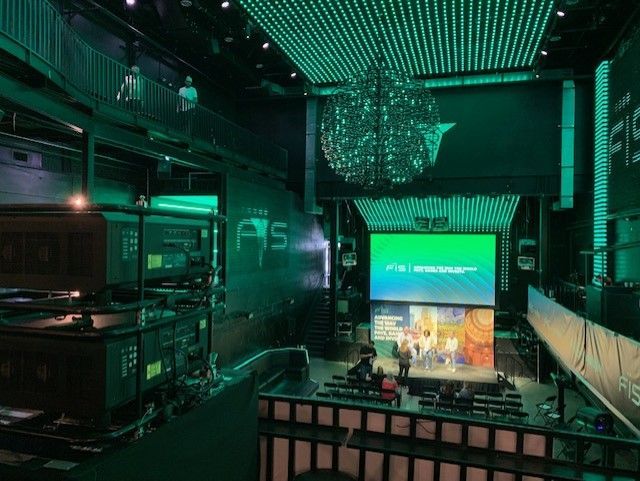
The process of setting up a live event is a multifaceted endeavor that requires meticulous planning, coordination, and execution. Here is a general breakdown of this process, unveiling its key components and providing insights into each stage of bringing a live event to fruition.
Planning and Conceptualization
- Idea Generation: The first step in live event production is conceptualizing the event. This involves brainstorming ideas, themes, and the overall purpose of the event. Whether it's to entertain, inform, celebrate, or promote, having a clear vision is crucial.
- Setting Objectives: What do you want to achieve with this event? Objectives can range from increasing brand awareness, generating sales, educating an audience, or simply providing entertainment. Clear goals help in making focused decisions throughout the production process.
Budgeting
- Estimating Costs: Creating a budget involves estimating the costs associated with various aspects of the event, such as venue rental, equipment, talent, staff, and marketing.
- Allocating Resources: With a budget in place, it's important to allocate resources wisely. This means prioritizing certain aspects of the event that are most critical to its success and ensuring that the budget is spent effectively.
Understanding the Audience
- Audience Analysis: Knowing your audience is key to tailoring the event experience. Consider demographics, interests, and what they seek to gain from attending the event.
- Engagement Strategies: Plan how to engage your audience. This could involve interactive elements, social media integration, or personalized experiences.
Choosing the Right Location
- Venue Selection: The choice of venue can significantly impact the event's success. Factors to consider include size, location, accessibility, and suitability for the event's technical requirements.
- Logistical Considerations: Think about logistics like transportation, parking, and accommodation for attendees, if necessary. Also, consider the technical logistics of the venue, such as stage setup, sound, lighting, and any special equipment needs.
Each of these steps plays a vital role in the successful production of a live event. From the initial brainstorming to the final execution, each element needs to be carefully considered and effectively managed.
Looking for a
live event production company? Learn how to choose the right live event production partner and explore the benefits of working with professionals in this field.
Learn about
Live Event Production by Stratosphere in NYC >>
Choosing the Right Live Event Production Partner
Selecting a partner for live event production is a crucial decision that can significantly influence the success of your event. The right production company brings expertise, resources, and creativity to the table. Here’s how to ensure you choose the best partner for your needs.
Criteria for Selection
- Experience and Portfolio: Look for a company with a strong track record in producing events similar to yours. Review their portfolio to understand their style, capabilities, and the range of events they have managed.
- Technical Expertise: Ensure that the company has the technical skills and equipment necessary to meet the demands of your event. This includes sound, lighting, video, staging, and any special effects.
- Reputation and Reviews: Check reviews and testimonials from previous clients. A reputable company should have positive feedback and be able to provide references.
Aligning with Your Vision
- Communication and Understanding: Your production partner should understand your vision and communicate effectively. A good partner listens to your needs and collaborates to bring your vision to life.
Evaluating Their Network
- Supplier and Vendor Relationships: A well-connected production company can bring added value through their network of suppliers and vendors, often securing better rates or high-quality services.
Choosing the right live event production partner is about finding a team that not only has the technical expertise and experience but also shares your vision and can work collaboratively with you to create a memorable event.
Charting a Path to Memorable Experiences
The production of live events is an intricate blend of planning, creativity, technical expertise, and audience understanding. Each stage, from conceptualization to execution, contributes to the event's ultimate success, shaping unforgettable experiences for attendees. The choice of a competent live event production partner, aligned with your vision and equipped with the required skill set, can significantly elevate the event's impact. By harnessing the power of technology, understanding your audience, and creating immersive experiences, you can transform any event into an extraordinary celebration that leaves a lasting impression.
Frequently Asked Questions
-
What is the average cost of live event production?
The cost can vary widely based on the scale, location, and complexity of the event. Small events might cost a few thousand dollars, while large-scale productions can run into hundreds of thousands or more. It's essential to work with your production company to create a budget that aligns with your vision and objectives.
-
How far in advance should you start planning a live event?
Ideally, start planning 6 to 12 months in advance for large events. Smaller events may require at least 3 to 6 months. Early planning ensures you have enough time to secure the best venue, vendors, and production elements.
-
What are the key elements of a successful live event?
The key elements include a clear objective, understanding your audience, a well-chosen venue, high-quality audiovisuals, engaging content, and efficient logistics. Equally important is the emotional impact and the experience you create for attendees.
